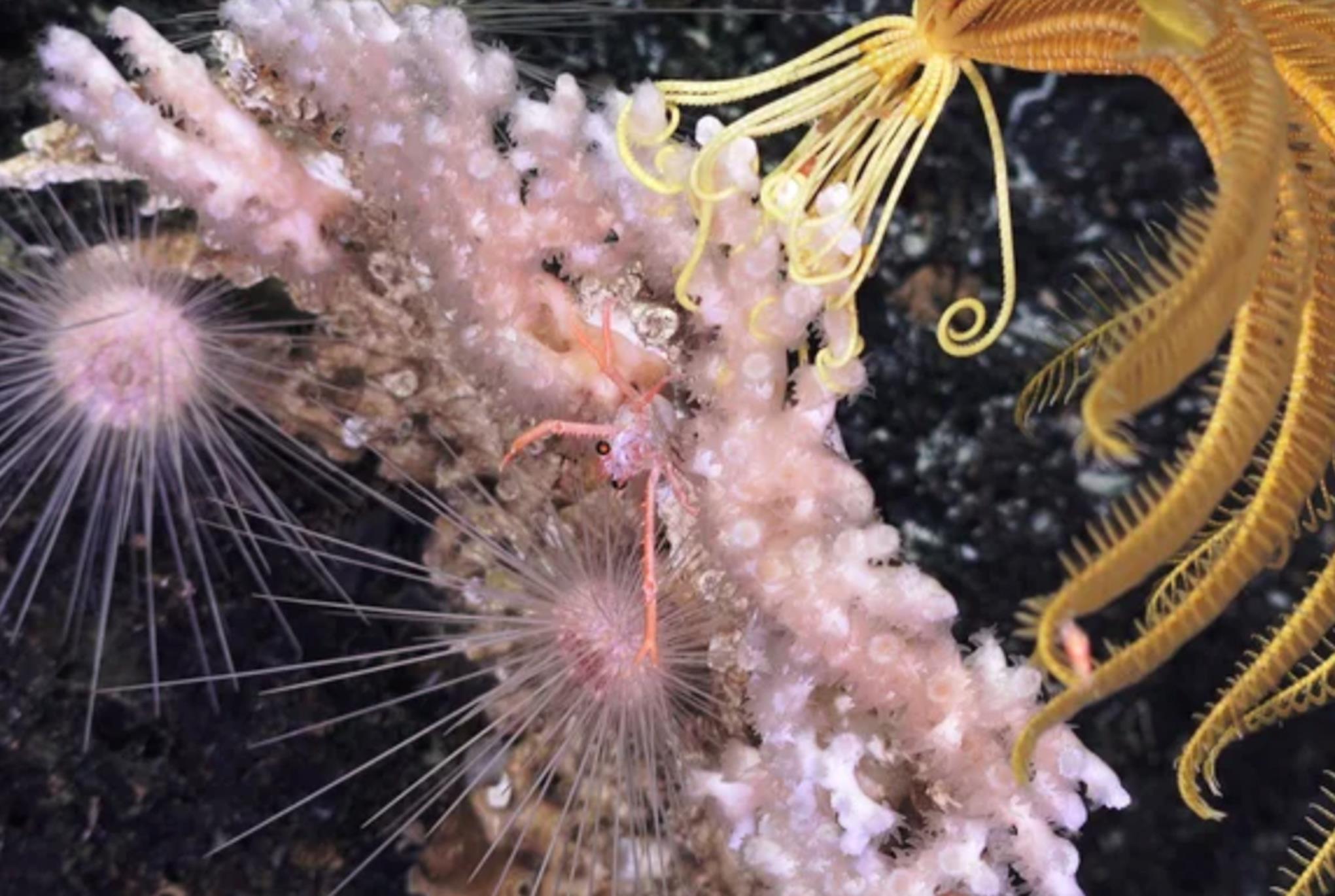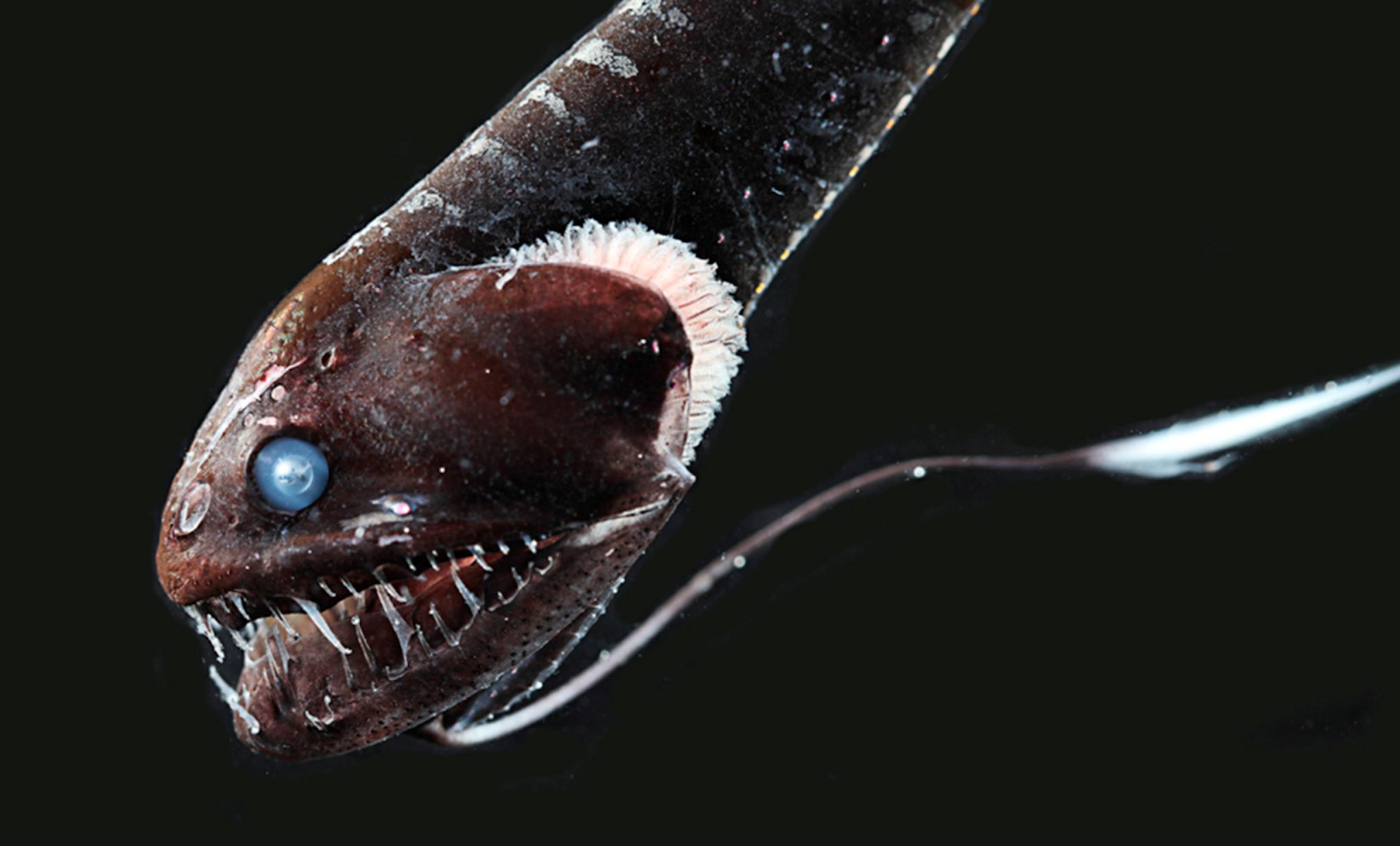
Scientists make a shocking discovery in the Pacific depths
(MENAFN- Asia Times) Deep down, a mile below the surface of the Pacific Ocean, scientists have made an incredible discovery.
It was not a new form of life — no, not that. In fact, this discovery was probably greater in terms of scientific knowledge.
Let's start with the fact, that we assumed one of the classic tenets of immunology — that the human immune system evolved to be able to sense every single microbe so it could catch the infectious ones.
But no one ever tested that assumption, until now.
To test this, the researchers had to find bacteria that was unlikely to have ever had previous contact with mammalian immune systems, Live Science reported.
They chose a spot deep in the central Pacific Ocean, in the Phoenix Islands Protected Area in Kiribati, 1650 miles southwest of Hawaii.
Your proverbial middle of nowhere, and then some.
'It's not just the deep ocean, but the most deep, ancient, remote and protected part of the ocean,' study co-author Randi Rotjan, a Boston University marine ecologist, told Live Science.
'It's 4,000 meters [13,100 feet] deep … there are no resident mammals … and it's on the equatorial space where there wouldn't even be any whales for there to be any whale falls,' Rotjan said, referring to the fact that whales tend to breed in one hemisphere and feed in the other, and so they'd only cross the equator while migrating.

Researchers have found that certain deep-sea microbes in the South Pacific ocean are overlooked by mammals' immune system sensors. Credit: Schmidt Ocean Institute
'This was a good place to plausibly find bacteria totally different from the bacteria we interact with on land.'
Once there, researchers used a remote submarine to collect marine bacteria from samples of water, sponge, sea star and sediment, before growing them into 117 culturable species, Live Science reported.
After identifying the features of their bacteria, the researchers introduced 50 of the strains to mouse and human immune cells.
To their surprise, they found that 80% of the microbes, mostly belonging to the genus Moritella, escaped detection. The receptors on the mammalian bone marrow immune cells used in the study were incapable of seeing them, Live Science reported.
The bacteria are so alien to humans that our immune cells do not even register that they exist, making them completely invisible to our immune systems.
'It was really surprising,' Jonathan Kagan, an immunologist at Boston Children's Hospital and one of the study leaders, told Live Science.
'What you end up with is a picture of the immune system as being locally defined by the bugs that it lives near, and that the bugs and the immunity co-evolved. If you take your immune system into a different ecosystem, a lot of the bugs there will be immuno-silent.'
For instance, Kagan added, 'it's possible that there's an invertebrate animal in the deep Pacific Ocean that's blind to E. coli.'
Despite their spooky ability to evade detection, the researchers said that deep-sea bacteria don't pose any risk of infecting people, Live Science reported.
'Firstly, they haven't evolved to evade mammalian immune systems, so if there was any pathogenicity it would be accidental,' said Rotjan.
'The second reason it's highly unlikely is that the temperatures, pressures and the chemical environments inside our bodies are so different to what you'd find at the bottom of the ocean. These bacteria aren't happy for more than a few minutes outside of their normal habitat.'
'I think the paper is super exciting,' Sunny Shin, an immunologist at the University of Pennsylvania, who was not involved in the study, told Scientific American .
She notes that the findings go against the prevalent understanding that pattern recognition receptors can recognize any foreign molecule.
Instead the new work suggests that these recognition receptors have evolved to only detect local microbes.
The researchers are planning another cross-disciplinary expedition to PIPA next summer to investigate more targeted questions, such as how native deep-sea organisms such as corals respond to their bacterial neighbors, Rotjan says.
But the team is open to surprises, she adds: 'That's the beauty of basic research—you never know where it's going to go.'
The researchers published their findings online on March 12 in the journal Science Immunology .

Legal Disclaimer:
MENAFN provides the
information “as is” without warranty of any kind. We do not accept
any responsibility or liability for the accuracy, content, images,
videos, licenses, completeness, legality, or reliability of the information
contained in this article. If you have any complaints or copyright
issues related to this article, kindly contact the provider above.

















Comments
No comment